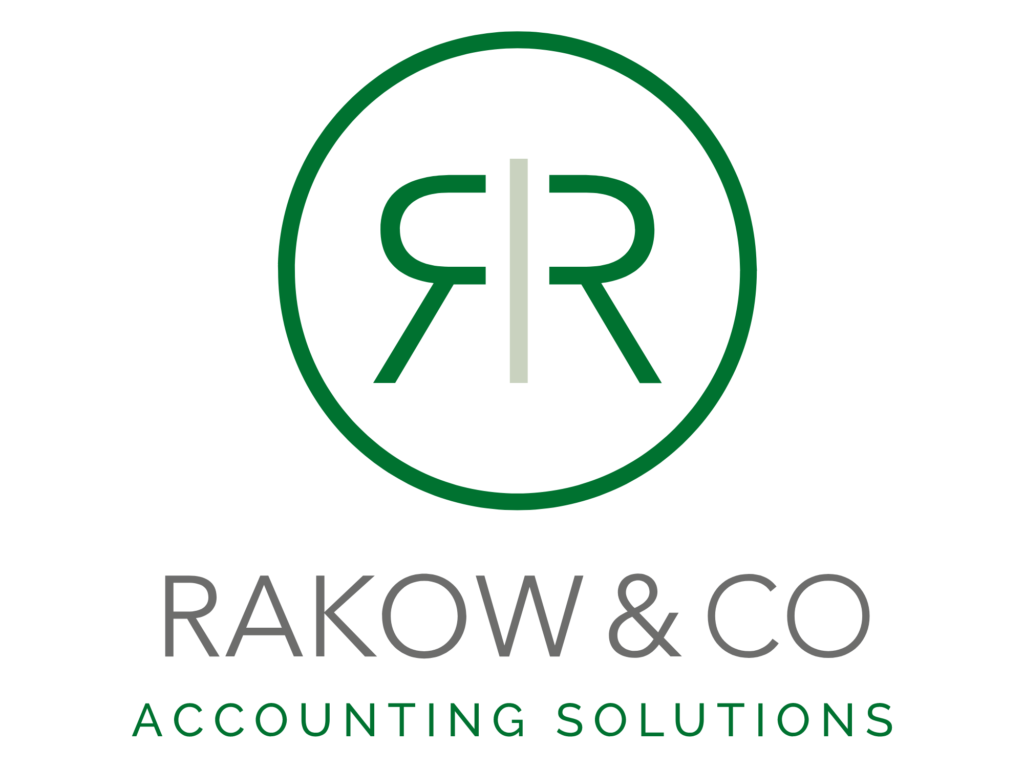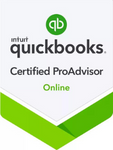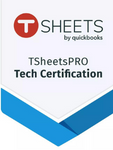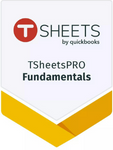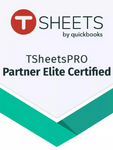Owning a business as a foreign entity in the United States can be a rewarding venture. However, it also comes with obligations, one of those being filing your taxes, for which you’ll need Form 5471, Form 5472, Form 8938 or Form 1120.
As part of our business tax services we help foreign owned LLCs file their taxes, ensure compliance and avoid potential penalties.
Let’s take a look at form 5472 and the other tax obligations you may have in the US.

What Is The Difference Between Form 5471 & Form 5472?
If you have a foreign-owned LLC there are two critical tax forms that you must be familiar with – Form 5471 and Form 5472. Though they serve similar purposes, there are key differences between them:
Form 5471
This form is used to report information about certain foreign corporations in which a U.S. person (individual or entity) owns a significant ownership interest.
It helps the IRS gather information about U.S. taxpayers’ ownership in foreign corporations to prevent tax evasion. If you fail to file a Form 5471 or file it incorrectly, it can result in significant penalties.
Form 5472
Unlike Form 5471, which focuses on foreign corporations, Form 5472 is used to report information about certain transactions between a foreign-owned LLC (or other foreign-owned U.S. entity) and related parties. It provides the IRS with details on transactions that may affect the tax liability of the foreign-owned LLC or have transfer pricing implications.
When it comes to compliance it is important to seek guidance from professionals that offer professional bookkeeping and tax services and have knowledge of these specific forms and tax laws.
What Is The Difference Between Form 8938 & Form 5471?
While Form 5471 and Form 8938 may seem similar, Form 8938 focuses on reporting specified foreign financial assets held by U.S. taxpayers, while Form 5471 is used to report ownership in foreign corporations.
Let’s take a closer look at the different purposes and reporting requirements.
Form 8938
The Foreign Account Tax Compliance Act (FATCA) introduced Form 8938 to report specified foreign financial assets held by U.S. taxpayers.
It applies to individuals, including U.S. citizens, resident aliens, and certain non-resident aliens who meet the filing threshold. This form is meant to enhance transparency and combat offshore tax evasion.
Form 5471
As mentioned earlier, Form 5471 focuses on reporting ownership in foreign corporations and is specifically designed for U.S. persons who have a certain level of control or ownership interest in these corporations.
It aims to gather detailed information about these foreign corporations to ensure compliance with U.S. tax laws.
What Is Form 1120 Used For?
Form 1120, also known as the U.S. Corporation Income Tax Return, is used to report the income, deductions, and tax liability of domestic corporations, including certain foreign-owned LLCs that elect to be treated as corporations for tax purposes. These corporations are required to file Form 1120 annually.
Key Points To Understand About Form 1120
Taxable Income Calculation: Form 1120 is used to calculate the taxable income of the corporation. It requires reporting the LLC’s revenue, expenses, deductions, and credits. This form also accounts for any foreign income earned by the LLC.
Ownership and Control Information: It collects information about the ownership and control of the corporation. This includes details about the shareholders or members, their ownership percentages, and related parties involved in transactions with the corporation.
Tax Payment: Along with the Form 1120 filing, the corporation is required to pay any applicable federal income tax owed. Estimated tax payments may also be necessary throughout the year to avoid underpayment penalties.
Filing Deadlines: The deadline for filing Form 1120 for corporations, including foreign-owned LLCs, is typically the 15th day of the third month following the end of the corporation’s tax year. An automatic six-month extension may be available by filing Form 7004 before the original due date.

Some LLCs Must File Form 5472 & Form 1120 Annually
These include:
- Single-Member LLCs that are Disregarded and owned by a non-U.S. resident or foreign company.
By default, a Single-Member LLC is considered a Disregarded Entity by the IRS unless the LLC has elected to be taxed as a Corporation. The term “disregarded” indicates that the IRS disregards the LLC for federal tax purposes and instead taxes the LLC in the same manner as its owner.
- Single-Member LLCs that are Foreign-owned and taxed as a Corporation.
- Multi-Member LLCs that are taxed as a Corporation and have at least one foreign owner with a 25% or greater ownership stake in the LLC.
It’s important to note that if you have a Foreign-owned Multi-Member LLC that is taxed as a Partnership, you are not required to file Form 5472 and Form 1120.
Form 5472 and Form 1120 requirements apply to foreign-owned Single-Member LLCs that are owned either directly or indirectly.
Direct ownership refers to the LLC being owned by a foreign individual or company.
Indirect ownership means that the LLC is owned by another Disregarded Entity LLC, which, in turn, owns the Single-Member LLC.
Navigating business taxes as a foreign-owned LLC in the United States requires a deep understanding of the tax laws and compliance obligations.
You can avoid making compliance errors and overpaying tax by working with a local tax expert.
At Rakow & Co we can assist you every step of the way. Contact us today to learn more about how we can assist you with your business tax needs.
